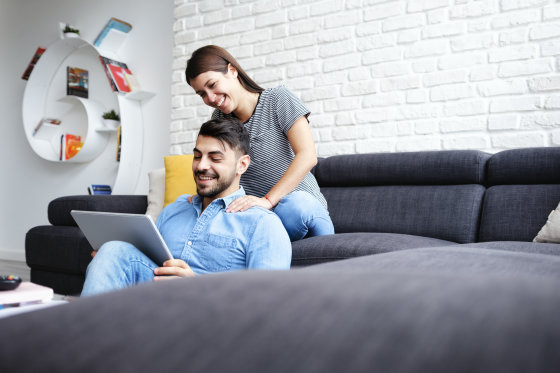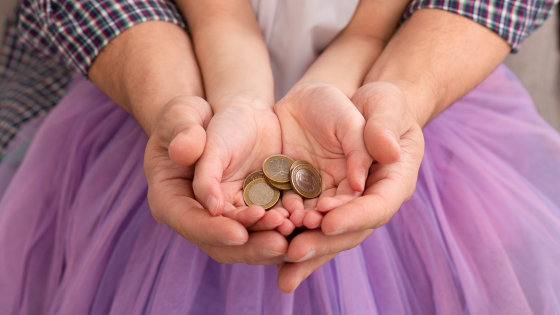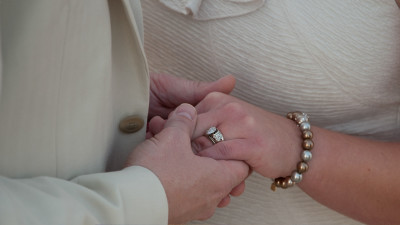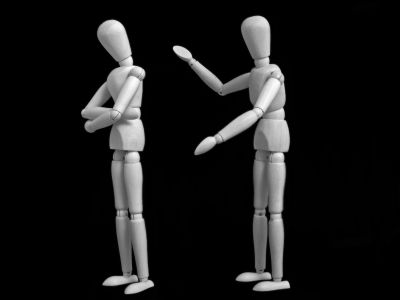Experiments show that acting for others relieves physical pain

by
Some people may have wondered what they are doing for kindness or volunteering. Although kindness that doesn't seek reward sometimes seems to create a loss for the person himself, new research shows in multiple experiments that `` action for others '' alleviates the physical pain of the person who acted. it was done.
Altruistic behaviors relieve physical pain | PNAS
https://www.pnas.org/content/117/2/950
Volunteering and other good deeds reduce physical pain, a study finds-CNN
https://edition.cnn.com/2019/12/30/health/volunteering-reduces-pain-wellness/index.html
A study published in 2019 showed that the act of 'hoping for the happiness of others' reduced anxiety, increased empathy, and made people feel more connected. Thus, it has been recognized that kindness toward others stimulates the secretion of neurotransmitters such as dopamine and oxytocin . Researchers at Peking University's School of Psychology and Cognitive Science have taken a step further and investigated whether altruistic behaviors acting on behalf of others alleviate one's physical pain.

by
To test this hypothesis, researchers conducted four experiments on 287 subjects using various scenarios.
One experiment showed that those who donated blood after the quake experienced less pain when donating blood with a thicker needle than those who donated blood as a habit. In another experiment, the volunteers voluntarily revised the handbook for children and migrant workers. It was hard to feel.
Furthermore, when cancer patients with chronic pain were collected and asked to clean the treatment center `` for themselves '' or `` for others, '' those who cleaned for others had a lower level of damage. Yes. At this time, researchers said that those who cleaned for themselves had a 62% or less reduction in pain relief compared to those who went for others.
The most notable effect was the experiment of 'donating to help orphans.' In this experiment, people who chose to 'donate' were asked, 'How much do you think this donation would help?', And then an MRI scan of the brain with an electric shock to the arm.
Then, the brain of the person who made the donation was less likely to respond to electrical stimulation than the person who did not. Also, at this time, the more he believed that his altruistic behavior helped others, the less his brain responded to pain.

by Prostock-studio
'For centuries, scientists have been thinking about the question of why humans help others until they suffer losses, and what does this mean for actors?' Those who have performed passive behavior, directly or indirectly, have shown that they will make up for future losses, and our research has shown that altruistic behavior can be In such a deep situation, it shows how it affects the senses of the actors, 'said the researcher in a dissertation.
Related Posts:
in Science, Posted by darkhorse_log







